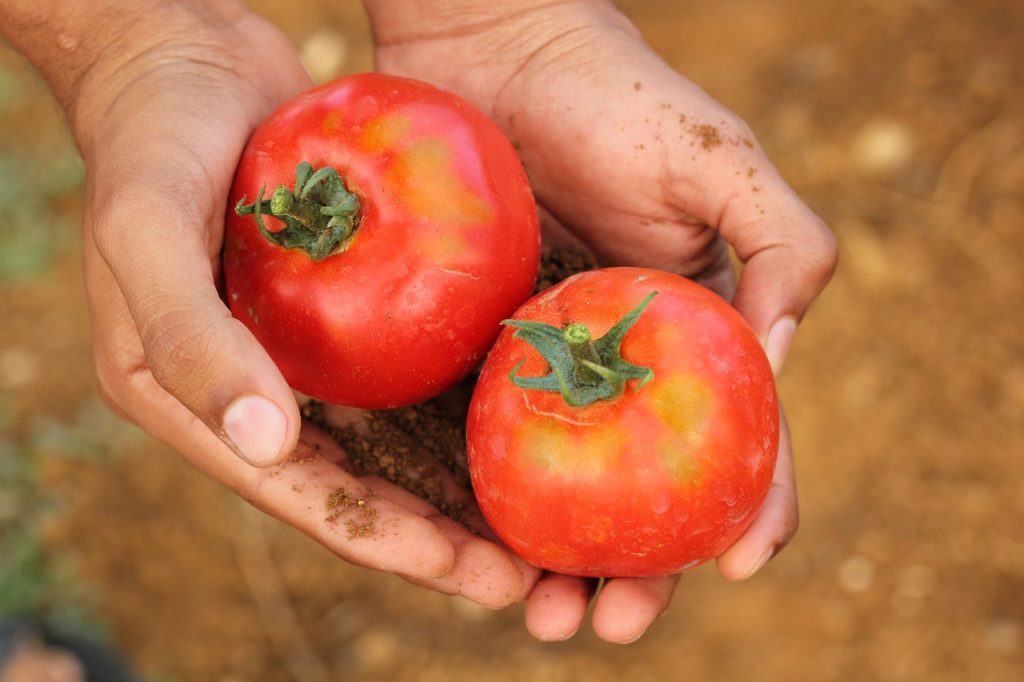Dry Farming
Watered Once, Or Not At All
Dry Farming is a sustainable water practice where plants are watered once or not at all. Dry farming relies on plant roots following the water table down as it drops throughout the summer. Dry farming encourages soil regeneration and results in a more flavorful product than if irrigated. Wine grapes have been intentionally dry farmed for centuries to get better flavor!
Not only does this sustainable water practice result in delicious food, but it keeps water in rivers for endangered salmon.

Making A Difference
Flow
Farmers who switch to dry farming are restoring rivers and streams. By not diverting water for their dry farmed crops, they leave water for fish in times of critical need. Farmers can receive water conservation payments to reduce their diversion.
Food
Dry farmed produce has been found to be markedly more flavorful. All the way from juicy tomatoes, to crispy potato chips you can notice the difference! By selecting dry farmed produce you support water conservation for our community.
Farms
Many agricultural areas are limited by water rights and climate change water insecurity. Dry farming allows farms to consider a climate resilient option while stewarding our water resource.